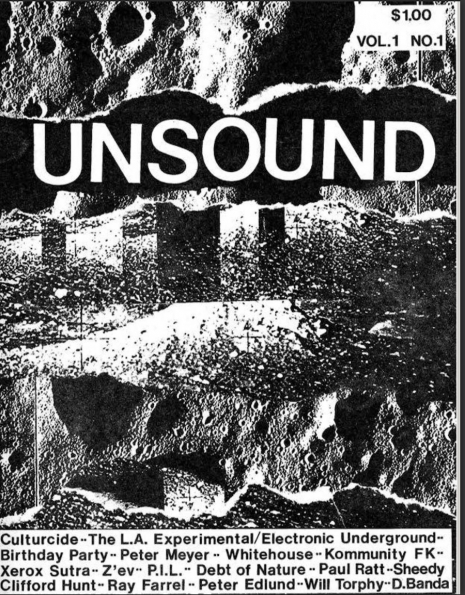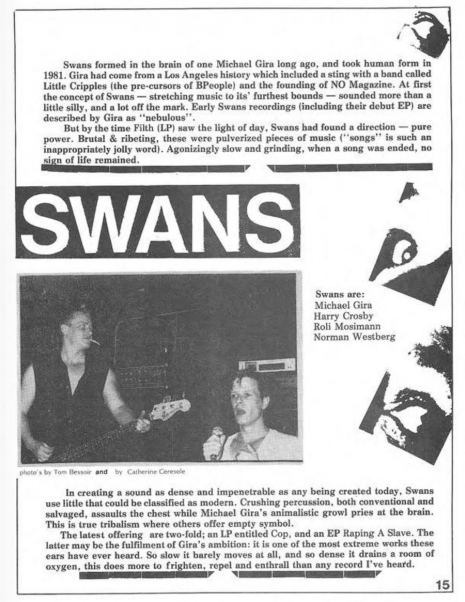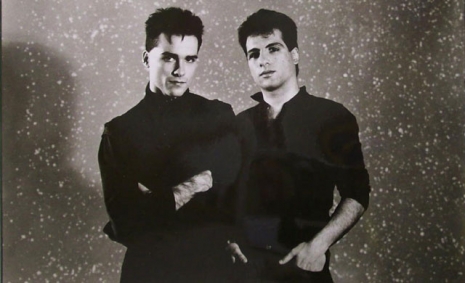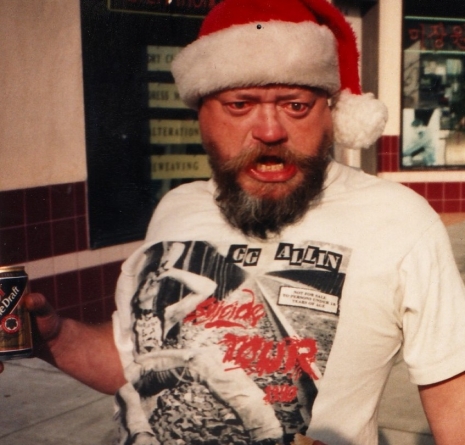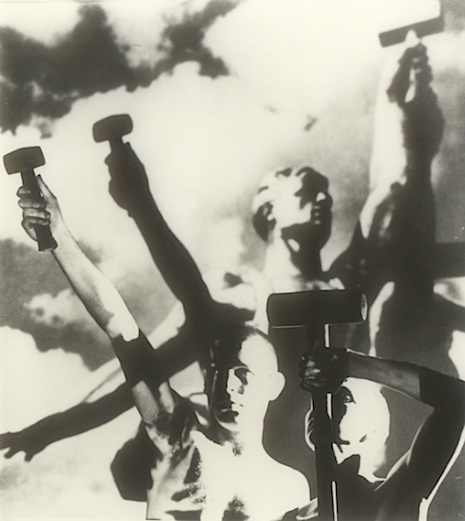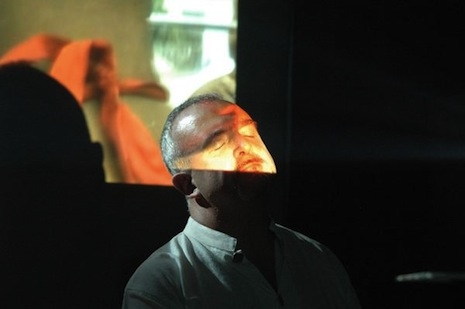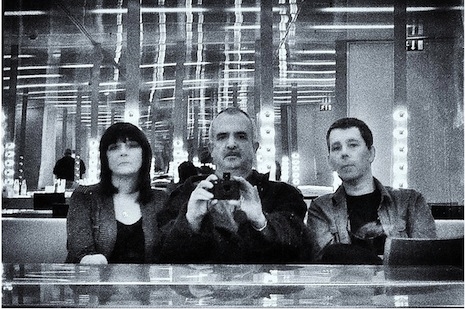
The phrase “industrial rock supergroup” is not something you hear very often. Back in 1990, Al Jourgensen assembled scene all-stars Martin Atkins (PiL, Killing Joke), Nivek Ogre (Skinny Puppy), and Chris Connelly (Revolting Cocks) to tour with Ministry in support of their record The Mind is a Terrible Thing to Taste. The onstage chaos can be seen depicted in the video companion to their live album, In Case You Didn’t Feel Like Showing Up.
Atkins recognized the potential of this joint effort, in more ways than what he referred to as a “Ministry cover band.” Along with Ministry’s William Rieflin, the two drummers formed Pigface. They recruited other like-minded members of the music community to perform in and collaborate with the collective, keeping it an experimental “revolving door” of participation. Both Nivek Ogre and Chris Connelly were contributors to Pigface, along with an insanely long and impressive list of rotating, alternative heavy-hitters, like Trent Reznor, Flea, David Yow, Genesis P-Orridge, Black Francis, Steve Albini, Michael Gira, Jello Biafra, and so on.
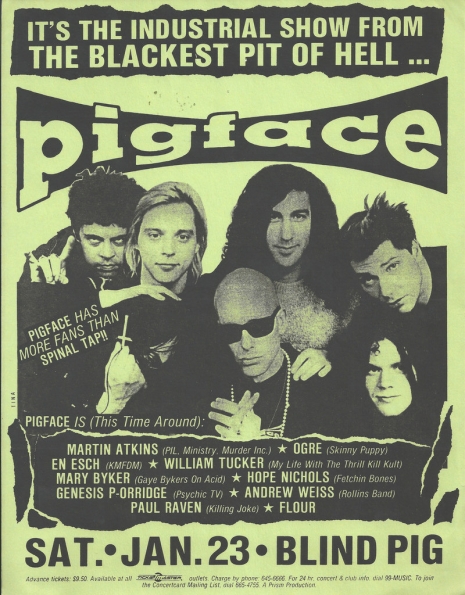
“The Industrial Show from the Blackest Pit of Hell”: Pigface in Ann Arbor, 1993
Pigface - “Suck” (feat. Trent Reznor)
Given that a transformative project as ambitious as this could fizzle out at any second, Pigface released a VHS tour documentary called Glitch in 1992. The video is made up of snippets of backstage interviews and live footage of their high-energy concerts, described in the film as “a circus that keeps changing every time.” The group may have released their most coherent and well-received record Fook during this span, yet the tumultuous 10+ member live performances were known to be inconsistent and oftentimes nightmarish.
There have been gaps in between, but Pigface has never broken up. That’s the beauty of a band with over one hundred members, although the self-inflicted anarchy at its core has made it difficult for fans to follow along. In 2016, Pigface reappeared for two shows in Chicago, featuring members both old and new. In 1996, a follow-up documentary was released, titled Son of a Glitch. There are snippets of it around Youtube, or you can get the DVD.
Watch industrial supergroup Pigface’s 1992 documentary ‘Glitch’ after the jump…






